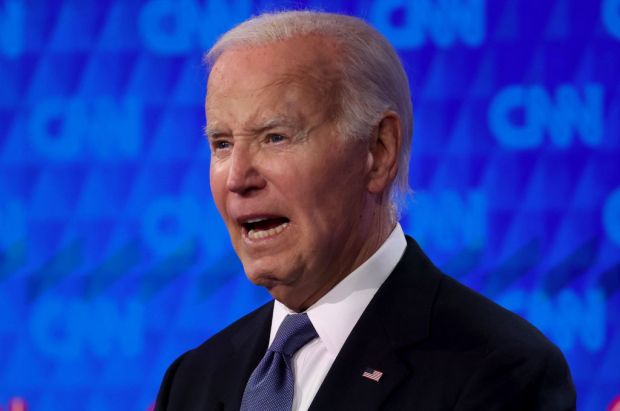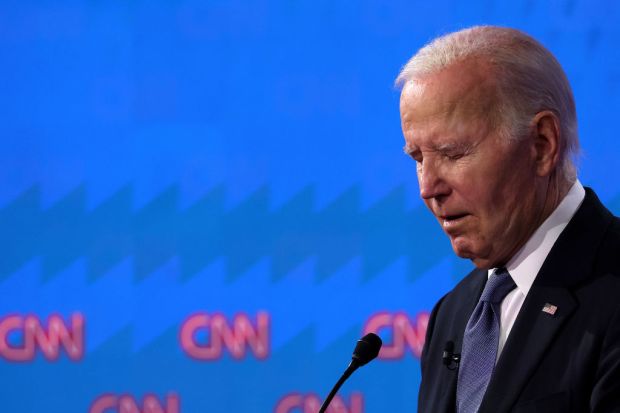Captain James Cook has fallen. Not on the shore of Hawaii’s Kealakekua Bay on Valentine’s Day 1779, but in the Melbourne bohemian bayside suburb of St Kilda. His statue was sawn off at the ankles in the dead of night with an angle grinder; his plinth daubed in a blood-red, anti-colonial slogan.
Already a subscriber? Log in
Subscribe for just $2 a week
Try a month of The Spectator Australia absolutely free and without commitment. Not only that but – if you choose to continue – you’ll pay just $2 a week for your first year.
- Unlimited access to spectator.com.au and app
- The weekly edition on the Spectator Australia app
- Spectator podcasts and newsletters
- Full access to spectator.co.uk
Or




















Comments
Don't miss out
Join the conversation with other Spectator Australia readers. Subscribe to leave a comment.
SUBSCRIBEAlready a subscriber? Log in